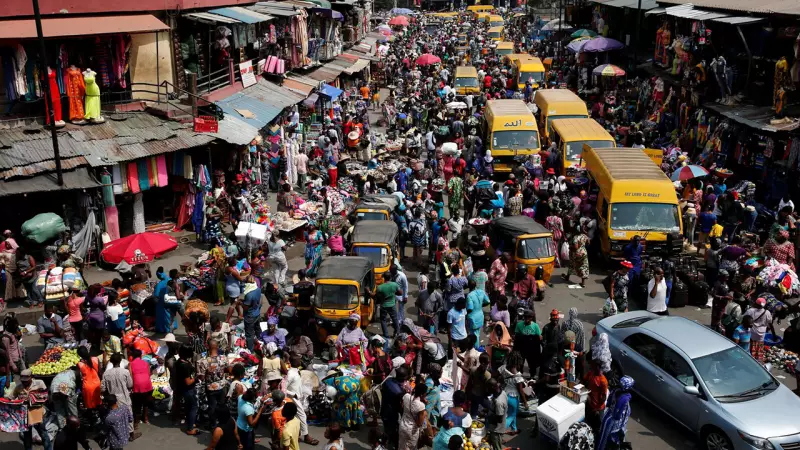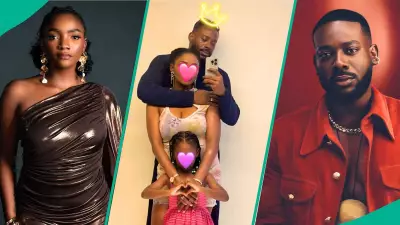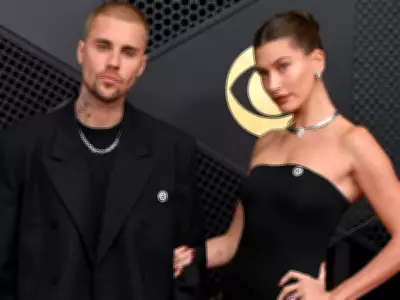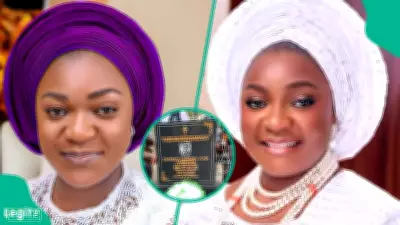
In a remarkable cultural shift sweeping across Nigeria, the pursuit of flawless perfection is giving way to a more authentic celebration of natural imperfection. This movement represents a fundamental redefinition of what it means to be beautiful in contemporary Nigerian society.
The Cultural Transformation
For decades, Nigerian beauty standards often emphasized European ideals of perfection—flawless skin, specific body types, and particular facial features. Today, a powerful counter-movement is gaining momentum, championing the beauty found in natural imperfections and unique characteristics.
This shift isn't merely about appearance; it's a profound philosophical change affecting how Nigerians view themselves and others. The new paradigm celebrates:
- Authentic self-expression over manufactured perfection
- Cultural heritage over imported beauty standards
- Individual uniqueness over homogenized ideals
- Natural aging over artificial preservation
The Power of Imperfection
What makes this movement particularly powerful is its embrace of what were once considered flaws. The slight gap in teeth, natural hair texture, skin variations, and facial features that deviate from Western norms are now being celebrated as markers of authentic beauty.
This transformation is visible across Nigerian social media, fashion industries, and everyday life. Young Nigerians are leading the charge, rejecting the heavily filtered, airbrushed perfection that dominated previous generations and embracing their natural selves with pride.
Psychological Liberation
The embrace of natural imperfection represents more than just a beauty trend—it's a form of psychological liberation. By letting go of unrealistic standards, Nigerians are experiencing:
- Reduced anxiety about meeting impossible beauty ideals
- Increased self-confidence through authentic self-acceptance
- Stronger cultural identity by embracing African features
- Healthier relationships with their bodies and appearances
Generational Impact
This movement crosses generational lines, though it manifests differently across age groups. Older Nigerians are rediscovering the beauty traditions of their ancestors, while younger generations are creating new definitions that honor both tradition and contemporary values.
The result is a rich tapestry of beauty standards that reflect Nigeria's diversity and complexity, moving away from one-size-fits-all definitions toward a more inclusive understanding of beauty.
The Future of Nigerian Beauty
As this trend continues to evolve, it promises to reshape not only personal self-perception but also commercial industries. Beauty brands, fashion designers, and media outlets are increasingly recognizing the power and appeal of authentic, imperfect beauty.
The movement toward natural imperfection represents a homecoming of sorts—a return to appreciating the unique beauty that has always existed within Nigerian culture, now amplified through modern platforms and conversations.
This cultural shift marks a significant moment in Nigeria's ongoing journey toward self-definition and authentic expression in a globalized world.





